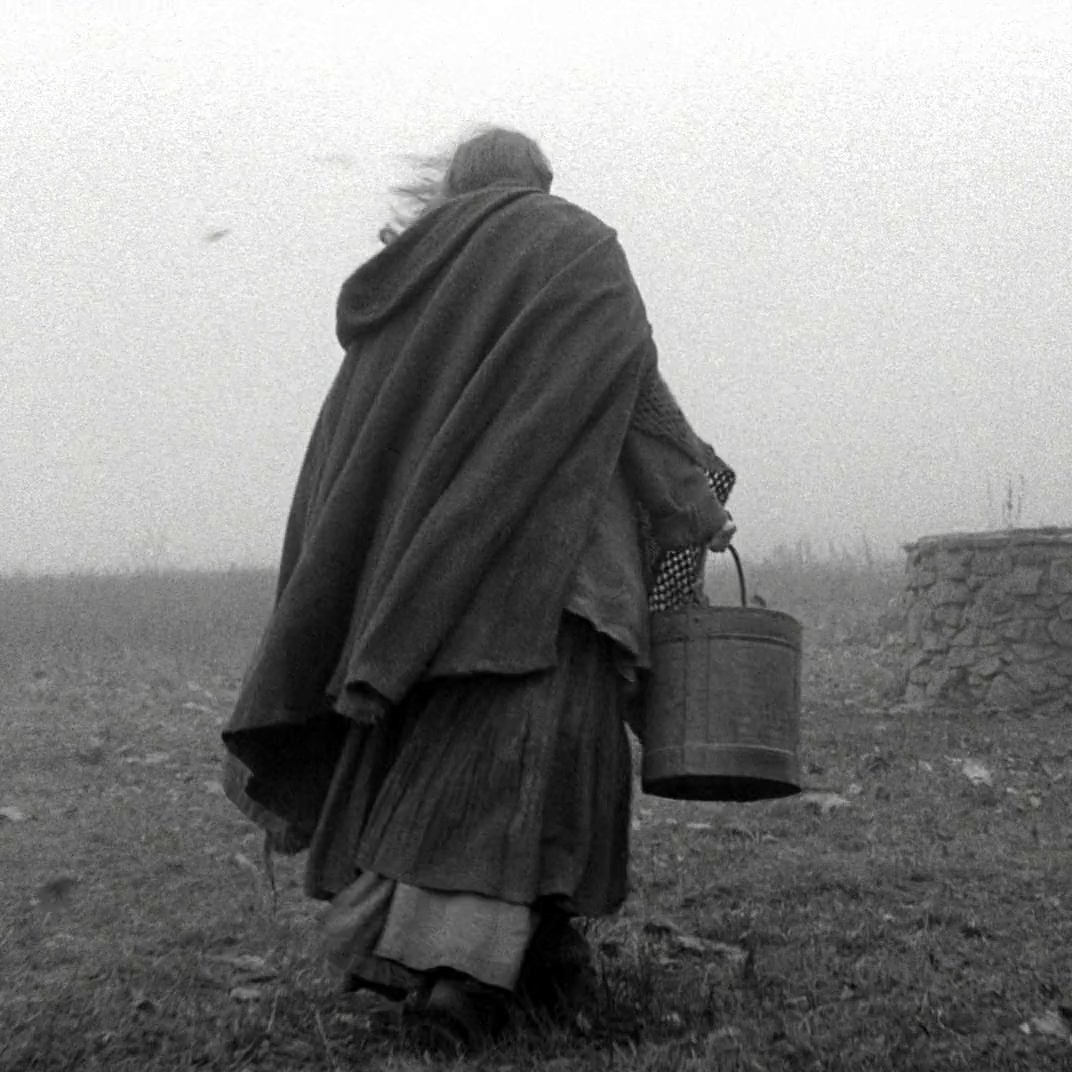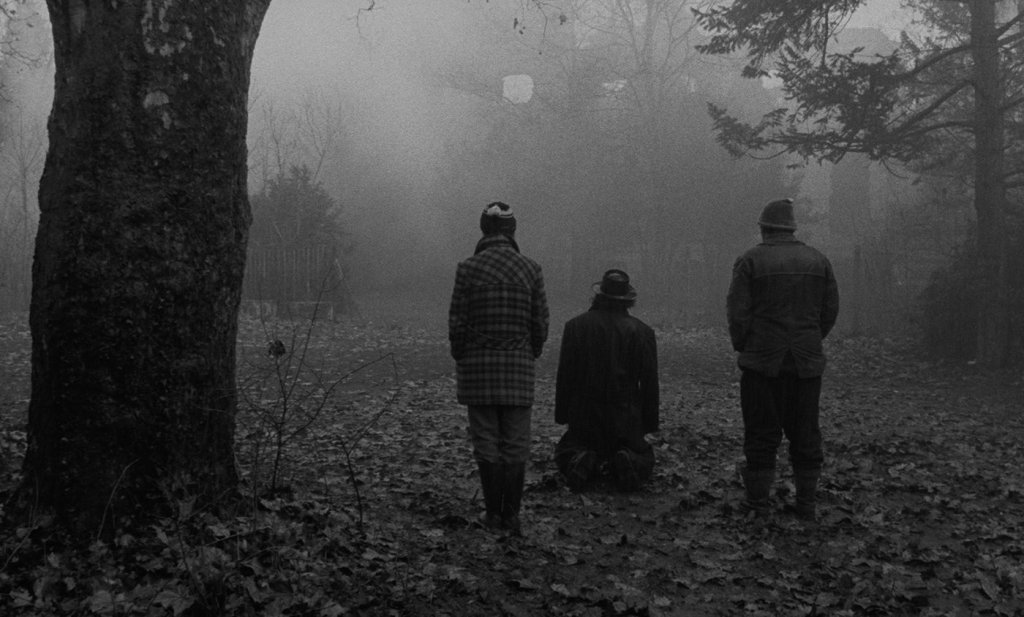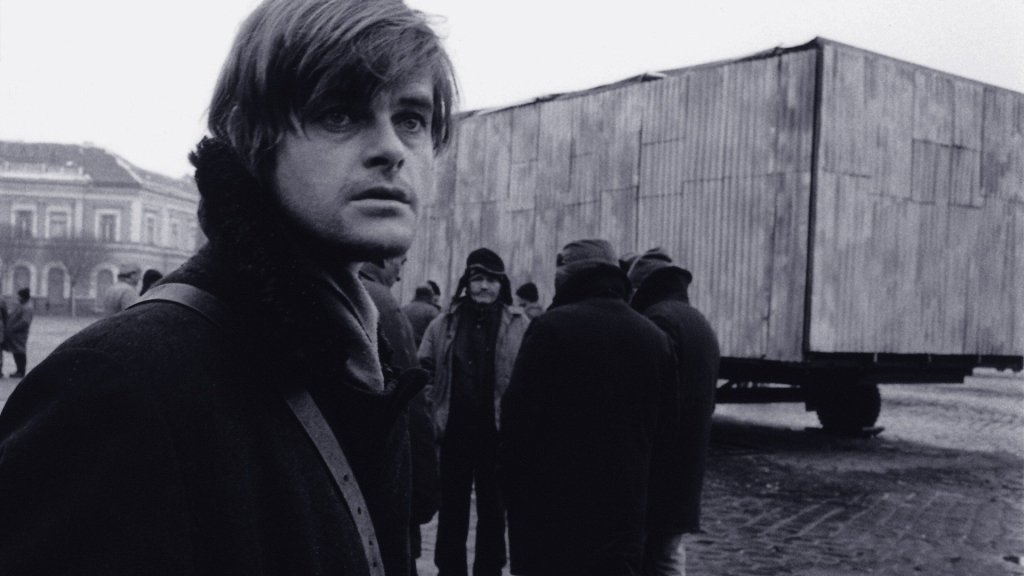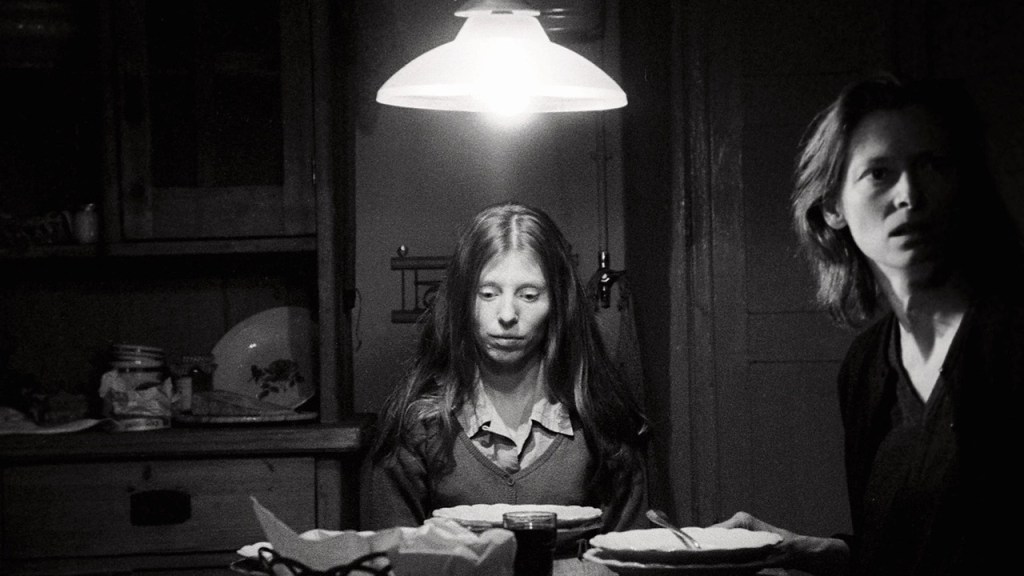Béla Tarr, a Hungarian filmmaker, is globally recognised for his distinct cinematic style that incorporates long single-shot sequences and mesmerising black-and-white cinematography. As a leading figure in the “slow cinema” movement, Tarr often challenges conventional narrative structures with their deliberate pacing, minimal dialogue, and attention to mundane activities. His contemplative approach to cinema and deeply penetrating social commentaries have solidified his reputation as a visionary auteur.
Tarr’s filmmaking journey began at a young age, with his first feature film, Family Nest, released when he was just 22. His early works, rooted in a documentary style, were marked by a raw portrayal of working-class Hungary’s societal and economic struggles. It was his association with novelist László Krasznahorkai, however, that significantly shaped his career, leading to a shift in his filmmaking style and culminating in a series of acclaimed films, including Satantango and Werckmeister Harmonies.
A recurring motif in Tarr’s oeuvre is the critique of society and the human condition. His films often depict individuals or communities living on the margins of society, grappling with existential despair. Tarr’s exploration of these themes is immersive and relentless, as evidenced in films like Satantango, where viewers are invited to endure the same experiences as the characters through the use of extremely long takes that often extend beyond ten minutes without a cut.
Melancholic Monochrome
Tarr’s visual style is defined by its minimalism and stark black-and-white aesthetic. His striking compositions underscore the textures and contrasts within each frame, creating a desolate, stark, and profoundly poetic atmosphere. This visual style, accompanied by intricate sound design that emphasises ambient sounds and sparse music, creates an intensely atmospheric cinematic experience. The resulting tension between his films’ visual and auditory aspects contributes to their hypnotic and contemplative nature.
Béla Tarr’s style is inseparable from his ethos of “slow cinema”, a term often used to describe films with slow pacing, long takes, and an emphasis on atmosphere over plot. While challenging to some viewers, this approach allows for a deeper exploration of time, space, and the intricacies of human existence. His dedication to this style is evident in his final film, The Turin Horse, where the narrative unfolds slowly and methodically, further emphasising the direness and monotonous rhythm of the characters’ lives.
Despite Tarr’s retirement after The Turin Horse, his influence on the cinematic landscape remains significant. Renowned filmmakers such as Gus Van Sant and Carlos Reygadas have cited Tarr’s influence on their work, underscoring the Hungarian director’s global impact. Furthermore, the enduring relevance of Tarr’s films, celebrated for their innovative approach to narrative and form, firmly cements his legacy within the world of art-house cinema.

Bela Tarr (1955 – -)
Calculated Films:
- Autumn Almanac (1984)
- Damnation (1988)
- Satantango (1994)
- Werckmeister Harmonies (2000)
- The Turin Horse (2011)
Similar Filmmakers
- Fred Kelemen
- Gus Van Sant
- Ingmar Bergman
- Kornél Mundruczó
- Laszlo Nemes
- Lav Diaz
- Lisandro Alonso
- Miklos Jancso
- Nuri Bilge Ceylan
- Robert Bresson
- Sarunas Bartas
- Theo Angelopoulos



Bela Tarr’s Top 10 Films Ranked
1. Satantango (1994)
Genre: Drama, Slow Cinema

2. Werckmeister Harmonies (2000)
Genre: Drama, Slow Cinema

3. The Turin Horse (2011)
Genre: Drama, Slow Cinema

4. Damnation (1988)
Genre: Drama, Slow Cinema

5. Autumn Almanac (1984)
Genre: Psychological Drama, Family Drama

6. The Prefab People (1982)
Genre: Drama

7. The Man From London (2007)
Genre: Drama, Mystery, Slow Cinema, Neo-Noir

8. Family Nest (1979)
Genre: Family Drama

9. The Outsider (1981)
Genre: Drama, Slice of Life

10. Journey on the Plain (1995)
Genre: Travel Documentary, Slow Cinema

Bela Tarr: Themes and Style
Themes:
- Existential Despair and Absurdity: His films frequently delve into themes of existential despair and the absurdity of human existence, reflecting on life’s inherent meaninglessness and the perpetual struggle of individuals to find purpose.
- Social Commentary: Tarr’s work often incorporates sharp social commentary, addressing issues of poverty, class disparity, and societal decay. Through his lens, viewers are invited to contemplate the social forces and circumstances that shape human life.
- Human Nature and Morality: With a philosophical bent, his films explore the complexities of human nature and morality, questioning the intrinsic goodness or corruptibility of individuals within the vast canvas of existence.
Styles:
- Long Takes: One of Tarr’s signature styles is the use of long, unbroken takes, allowing scenes to unfold in real-time. This approach not only demands impeccable performances and meticulous planning but also immerses the audience in the story’s atmosphere and tension.
- Black and White Cinematography: Many of his films, notably Satantango and Werckmeister Harmonies, utilise black and white cinematography, which adds a timeless, surreal quality to the visual narrative.
- Minimalism: Tarr’s visual style is often minimalist, with sparse settings and a limited colour palette, reflecting the bleakness and simplicity of the lives and landscapes he portrays.
Directorial Signature:
- Slow Cinema: Bela Tarr is a prominent figure in the “slow cinema” movement, which is characterised by long takes, slow pacing, and a focus on atmosphere over traditional narrative structure. This style invites viewers to engage with the film on a deeper, more contemplative level.
- Non-Professional Actors: Tarr often works with non-professional actors, drawing out performances that are raw and authentic. This approach enhances the realism and immediacy of his films, connecting audiences to the characters and their plights in a profound way.
- Atmospheric Soundscapes: The filmmaker pays meticulous attention to the sound design in his films, crafting atmospheric soundscapes that complement the visual narrative. Whether through the use of music, ambient noise, or silence, Tarr’s sound design plays a crucial role in establishing mood and tone.
- Collaboration with Composer Mihály Víg: Tarr has a longstanding partnership with Hungarian composer Mihály Víg, whose haunting, melancholic music is integral to the atmosphere and emotional resonance of the films.
Bela Tarr: The 75th Greatest Director




